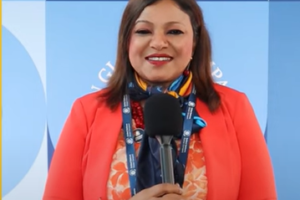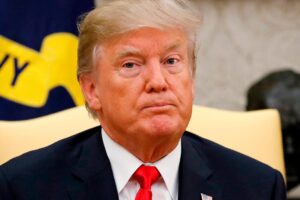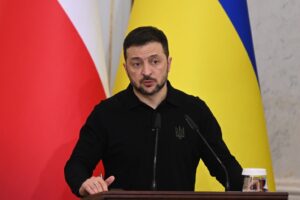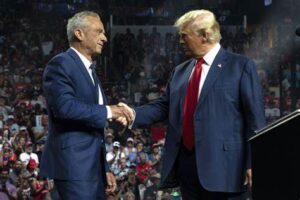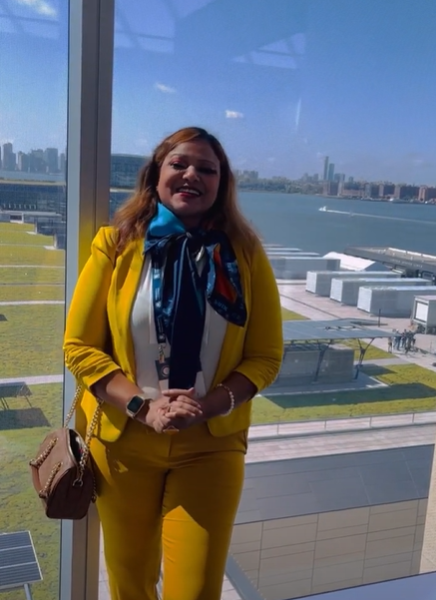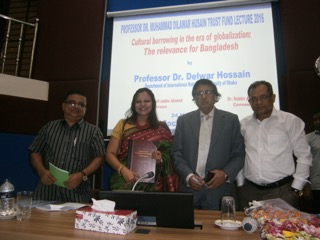The visit by foreign envoys to Jammu and Kashmir was a “useful” step, a top American diplomat said on Friday, urging New Delhi to release “political leaders detained without charge” following the lockdown that was imposed in the union territory last August.
“I was pleased to see some incremental steps, including the partial return of internet service in Kashmir. And the visit by our ambassador and other foreign diplomats to Jammu and Kashmir is something that I know was extensively covered in the press. We see this as a useful step,” Alice Wells, the Principal Deputy Assistant Secretary of State for South and Central Asia, said at a news briefing in Washington DC.
“We also continue to urge the government to permit regular access by our diplomats, and to move swiftly to release those political leaders detained without charge,” the ambassador, who was on a visit to Asian countries and attended a conference in New Delhi, added.
Foreign diplomats from 15 countries had visited Jammu and Kashmir earlier this month for the first time since the central government revoked the state’s special status in August and changed it to a union territory. Some European nations and others declined to go after being refused permission to travel independently.
The diplomats were not given access to Farooq Abdullah, Omar Abdullah or Mehbooba Mufti – former Chief Ministers and the leaders of the two political parties that have historically dominated Jammu and Kashmir’s politics – who remain under detention.
Under severe restrictions including the world’s longest internet shutdown, communication curbs have only been partially lifted now following a sharp rebuke from the Supreme Court. The government has said these restrictions were intended to maintain order and prevent terror attacks.
Ms Wells also spoke about the Citizenship Amendment Act (CAA) in her briefing, saying that the US stressed on the principle of equal protection under the law. The CAA, which promises citizenship to only non-Muslim refugees from Afghanistan, Pakistan and Bangladesh who came to India before 2015, has been called discriminatory by the opposition.
“The visit also offered an opportunity to hear more regarding developments with India’s Citizenship Amendment Act, which is undergoing I would say a vigorous democratic scrutiny, whether it’s in the streets, by the political opposition, media, and the courts. We continue to underscore the importance of the principle of equal protection under the law,” she said.
Besides making religion a test of Indian citizenship for the first time in violation of the constitution, the law could also be combined with the planned National Register of Citizens (NRC) to target Muslims who are not able to prove their ancestry, critics of CAA say.
The government says the CAA is necessary to help those who have faced religious persecution in the three countries and will not endanger the citizenship of any Indian.
Source: NDTV







